Ministries across the country are becoming increasingly concerned with protecting the children they serve. Pennsylvania has really lead the charge because of a new state law overhauling its child protection policies. The new law expands the requirements for, and scope of, background checks for people who work or volunteer with children. The law demands that routine checks occur every 36 months and that employees and volunteers are mandated to report any arrests and/or convictions. But more states like New Hampshire and Delaware are making critical examinations of their child safety policies. The use of background checks is forefront in their renewed focus but there are additional steps faith-based organizations should incorporate into their children’s ministries, including Vacation Bible Schools.
Here are 4 steps to improve the safety of your Vacation Bible School:
Screen all instructors, volunteers, and anyone who may come in contact with children. Conducting background checks on these folks is the single-most effective tool you can implement to protect the children in your care. If you’re a small ministry and don’t have the time or resources to devote to screening your VBS workers and volunteers, give Protect My Ministry a call today. Our nationally-accredited team of screening experts specializes in helping faith-based organizations find the right screening solution for your needs and budget.
If you outsource your VBS, be sure to not only double-check the organization’s screening policies, but who it employs to conduct them. Does the organization conduct its own screening? If so, what methods do they use? If they use a third-party, who is it, what methods do they use, and what is their track record? Remember, an FBI fingerprint check is NOT the same thing as a thorough background check so tread carefully if the VBS you invite into your congregation uses only this method.
Incorporate Child Safety Training into your curriculum. Estimates show that 90% of sex offenders don’t have criminal records. This means that predators may already be lurking in your congregation waiting for the right moment to strike. Training your volunteers and staff to identify odd behavior, signs of abuse and how to handle reporting of abuse is mission critical. The key here is that your volunteers and staff need child safety training before they serve.
Protect My Ministry has created an interactive child safety training course that can be completed online 24/7 at the person’s convenience. We believe that when staff members and volunteers have an awareness of the basic characteristics of a sexual abuser, the process by which an abuser picks and prepares a child for abuse, and indicators of child sexual abuse, they are better equipped to recognize and prevent abuse in ministry programs.
Implement a waiting period. Many faith-based organizations are implementing a waiting period (six months seems to be the standard) before allowing someone to work with kids or vulnerable adults. LifeSpring Christian Church in Ohio has a comprehensive and publicly available volunteer guidelines process and procedure that includes a standard waiting period. But LifeSpring does a great job at explaining why it has all these policies, too:
“Volunteers in children or youth ministry will attend LifeSpring for a minimum of 6 months prior to volunteering in children or youth ministry. This waiting period allows potential volunteers to become an active part of the church and begin to understand the church’s mission, vision and values. It also gives ministry leaders time to get acquainted with a potential volunteer, allowing a better match of ministry opportunity to volunteer interest and ability.”
Keep your ratios in check. Brotherhood Mutual Insurance Company has this great tip on its blog: “Maintaining appropriate staff-to-child ratios can be vital in preventing injuries and other incidents. In general, at least two adults shouldstaff each area, no matter how few children are in it. Only allow screened teenage volunteers if they are working alongside properly screened adults. Require open viewing in all areas, at all times, either through windows or doors. Monitor restroom trips by having an adult check the restroom before children enter (to ensure it is empty) and then standing outside while in use.”
What other tips do you have to keep your Vacation Bible School safe? We’d love to hear from you! Shoot us a comment below and be sure to tweet about it here!
